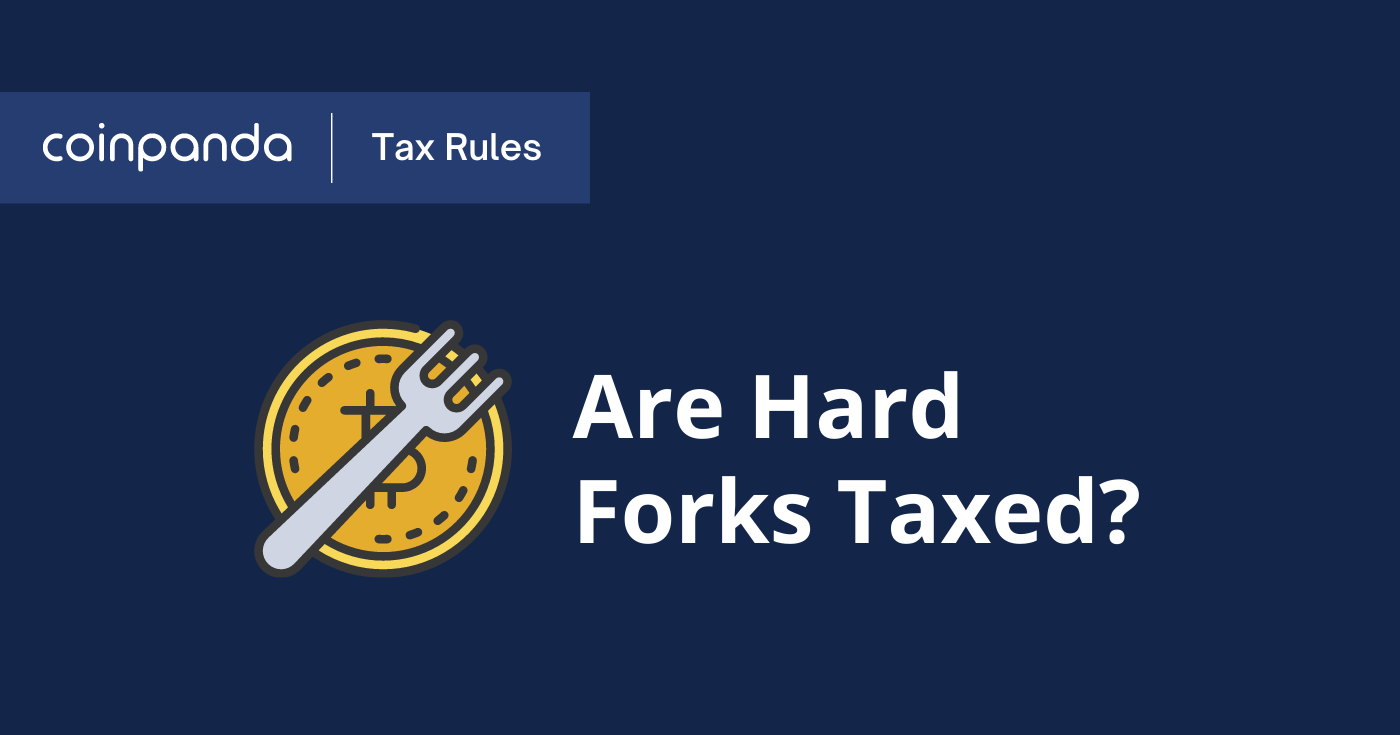If you have received any cryptocurrency from a hard fork, you also need to pay some taxes in most cases. In this article, we will explain the latest tax treatment of hard forks and how to report this on your tax return.
What is a Fork?
First of all, we need to understand what a fork in the cryptocurrency world really is. There are two types of forks: soft forks and hard forks. While a soft fork is often a minor change in the code that is backward compatible with older versions, hard forks are backward-incompatible software updates that result in a blockchain split. This means it will be two separate networks after the fork, and you will end up with coins on both networks if you had them in your wallet at the time of the chain split.
In most cases, only one of the new blockchains will continue to be used and have any value so that you might not even notice it happening. But sometimes, both blockchains continue to thrive because miners, nodes, and users are not in agreement about which chain should be used. In this case, it might exist two different cryptocurrencies after the hard fork which both have value and continue to be traded on exchanges.
Some examples of this happening in the past are Bitcoin Cash and Bitcoin Gold which forked from Bitcoin, Ethereum Classic which is a fork of Ethereum, and Bitcoin SV which forked from Bitcoin Cash in late 2019.
How Forks are Taxed
The IRS has previously published tax guidance for cryptocurrencies that did not specifically mention hard forks, but in 2019 they issued Rev. Rul. 2019-24 which goes into detail about the tax treatment for coins received as a result of a blockchain split. The IRS says that you should pay ordinary income tax on any cryptocurrency from a hard fork, and the fair market value of the coins on the day you received them should be used as the basis for the taxable income. This means that hard forks are taxed in a similar way as cryptocurrency received from mining and staking.
In the issued ruling, they go on to say that “a taxpayer has gross income, ordinary in character, under § 61 as a result of an airdrop of a new cryptocurrency following a hard fork if the taxpayer receives units of new cryptocurrency.” This confirms what we stated above that any new coins received after a fork are taxed as income. If you have not received any coins, it means you are also not taxed.
Let’s look at this using a simple example. David owned 2.5 BTC on August 31, 2017, when the bitcoin network forked into Bitcoin Cash (BCH). The day after, David had now both 2.5 BTC and 2.5 BCH in his wallet. Assuming that the fair market value of Bitcoin Cash was $200 on the day he received the coins, he has now also a taxable income of $500 (2.5 * 200). This amount also becomes the cost basis for his BCH holdings which is then later used for calculating the capital gains if/when the coins are sold.
To learn more about how to calculate and report capital gains for cryptocurrencies, please refer to our detailed tax guide.
Cryptocurrency Tax Software
If you don’t want to track and account for all coins received from hard forks or other airdrops, you can use cryptocurrency tax software like Coinpanda to do this automatically for you.
This tax solution has become very popular in a short time and is used by thousands of cryptocurrency investors to automatically keep track of all transactions. If you have received crypto from forks or airdrops, simply tag these transactions and you are ready to generate the necessary tax documents in just a few minutes. The software can import transactions from all major exchanges like Binance and Coinbase automatically, or you can add transactions manually.
You can sign up for a 100% free account, or read first more about how the software can help you with reporting your crypto taxes. Coinpanda supports more than 65 countries today including the US, Canada, Australia, the UK, and almost all other European countries.


